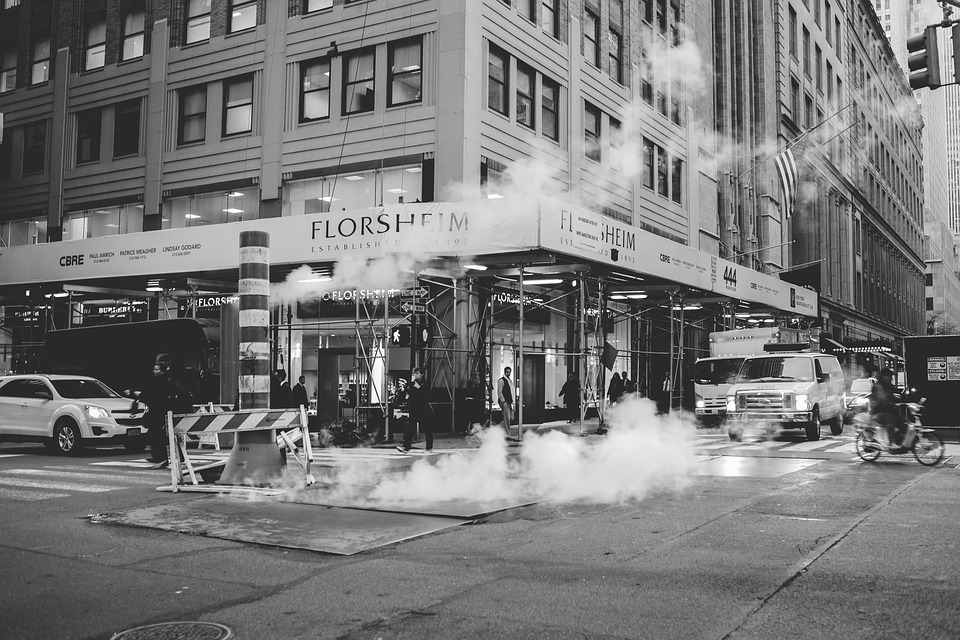5 Questions to Ask Before Buying Commercial Real Estate
Any commercial real estate investment carries some risk. First and foremost, commercial real estate involves a substantial financial investment. Whether you are an experienced real estate investor or purchasing commercial real estate for the first time, accruing debt and expenses to buy commercial real estate can be overwhelming. You want to be certain the stresses are outweighed by the reward and return on your investment.
As a commercial real estate lawyer in Long Island, the Law Office of Sami Perez has handled a large number and wide range of commercial transactions. From small businesses wanting to own their office space to international investors looking for an investment outside Manhattan, we have the capability to assist with any purchase. Based on this experience, here are five questions anyone with an interest in commercial real estate should ask before buying.

#1: Is My Intended Use Allowed on the Property?
The oldest of real estate advice is, “location, location, location.” Yet, as a real property law firm, we can say that is only half the battle when it comes to finding the perfect commercial real estate. To overcome the other set of hurdles, you need to begin by asking what uses are allowed on the property and can those change.
Zoning ordinances could restrict your intended use. When the zoning code doesn’t allow your intended use of the property, you must receive an approved variation from the municipality or county where the property is located. Depending on the applicable local government, this can be difficult to obtain.
Restrictive covenants can also hinder your intended use of commercial real estate. These covenants will be included in the title and deed to the property. You can check the deed language for a restriction on use or other covenant, but it will likely direct you to a separate document that contains the specific language of a restriction. Any restriction contained in the title or deed will be imposed on you once you purchase the property.

#2: What Is the Development Pipeline Like in the Area?
Even if you are intending to use commercial real estate for your business or private use, it should be important to you that the property value increase. Eventually, even if 20 or 30 years down the road, you will want to sell the property and make a return on the investment. To determine the likelihood of your property value going up, you can look to the future development of property in the area. Keep in mind that there is the future development that can certainly increase the value of your commercial real estate, and alternatively, there is potential development that may lower your property value in the future. Therefore, you want to pay attention to the scale, type, and use of the development planned for the area.
#3: Are There Any Environmental Concerns on the Property?
It is crucial to understand the history of the commercial real estate before you proceed to closing Typically, you can learn some information about the building and underlying real property from an initial inspection or research into the transactional records of the property, but much of the property’s history could remain a mystery.
Property in a dense or formerly industrial area could have environmental issues that substantially impact the usefulness and value of the property. Cleaning up or rectifying an environmental problem could cost you thousands or more, and negate any investment you made into the property or a rate of return. You can work with a commercial real property lawyer to request a phase one environmental assessment, which will alert you to any environmental concerns.
#4: Does the Building Have Any Structural Problems?
Another costly problem with commercial buildings are problems with the foundation, grading, or structural design. Not only do the costs associated with these issues quickly add up, but also it can take a long time to remedy the problem.

Typically, a purchaser will go ahead and sign a commercial real estate contract without verifying the structural integrity and sound foundation of the property. However, included in the purchase contract is a clause that allows the buyer to back out of closing, without any associated costs, if a structural issue is uncovered or detected. Accompanying this right to cancel closing of a commercial real estate deal is the right to perform any and all tests and inspections on the property during the due diligence period.
#5: What Experts Do I Need to Tackle Purchase of the Property?
As discussed at the start of this article, buying a piece of commercial property is a big investment. You want to have the right people on your team and providing advisement on the best approach to a purchase, strategy for mitigating risk, and the appropriate steps to take prior to closing. Some experts to include in the purchase of commercial real estate include an accountant, real estate title company, a professional appraiser, and commercial real estate lawyer.
If you are interested in speaking with a real property lawyer regarding a potential purchase, one of the top lawyers on Long Island is Sami Perez. You can call and arrange a free consultation with Sami by contacting our office at (516) 216-5060.
